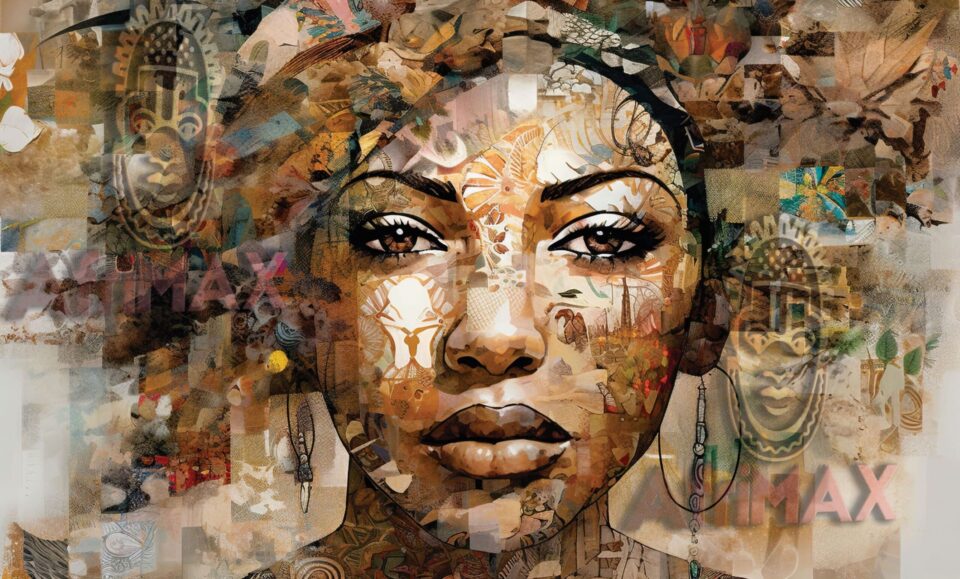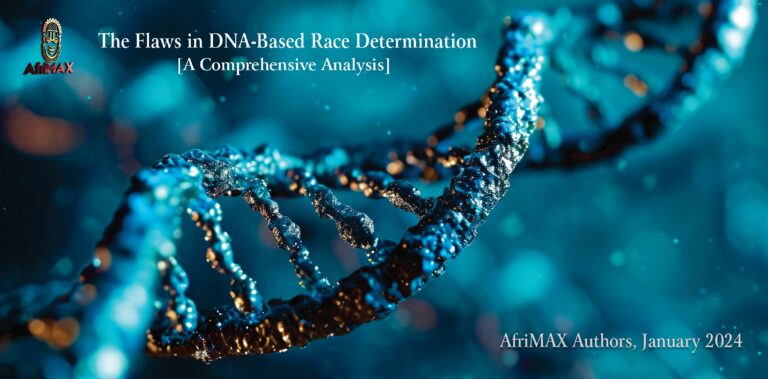
PULLING BLACK RESOURCES TOGETHER: Resolving Unspoken Resentment Among African Migrants in Diaspora
Abstract:
This peer-reviewed article explores the complex dynamics and unspoken resentment between the late 20th century / 21st-century African migrants in diaspora and the descendants of previously enslaved Blacks in diaspora. The historical context of slavery and its enduring impact on the African diaspora is crucial for understanding the present dynamics. This article aims to shed light on the existing tensions, analyze root causes, and propose solutions to build unity and collaboration within the broader Black community.
Introduction:
The 21st century has witnessed an increasing migration of Africans to various parts of the world (Adepoju, 2003), driven by factors such as economic opportunities, education, and geopolitical instability. Concurrently, the descendants of forced African migrants continue to grapple with the legacy of slavery, systemic racism, and the ongoing struggle for equal opportunity (Du Bois, 1899). The intersection of these two groups within the global diaspora has given rise to new set of challenges, often characterized by unspoken resentment and a lack of solidarity.
Historical Context:
To comprehend the present dynamics, it is essential to revisit the historical context of slavery and its impact on the African diaspora. The transatlantic slave trade, spanning centuries, forcibly displaced millions of indigenous Africans to the Americas, Europe, and other regions (Eltis & Richardson, 2010). The dehumanizing conditions of slavery and its aftermath have left an indelible mark on the collective psyche of Black communities worldwide. These factors do not negate the contributions of others who have continued to distinguish themselves in all walks of life.
Roots of Resentment:
The unspoken resentment between 21st-century African migrants and descendants of previously enslaved Blacks can be traced to various factors. Differences in historical experiences, cultural misinterpretations, and the perception of privilege contribute to a sense of division within the broader Black diaspora (Gilroy, 1993). Additionally, systemic racism and discrimination have perpetuated disparities in education, employment, and socio-economic status, further intensifying the resentment between these groups (Alexander, 2010).
Economic Disparities:
One significant aspect of the resentment lies in economic disparities. 21st-century African migrants often face challenges in integrating into new societies, while the descendants of pre 21st century forced African migrants contend with historical injustices that continue to impact their economic opportunities (Ferguson, 2015). Addressing economic disparities requires a comprehensive approach that considers both groups’ unique challenges and opportunities.
Cultural Misunderstandings:
Cultural misunderstandings between the new African migrants and descendants of forced black migrants can contribute to the existing tensions. Differences in language, traditions, and customs may lead to misinterpretations, and a sense of alienation (Appiah, 1992). Building cultural bridges and promoting mutual understanding are vital steps towards resolving these misunderstandings and promoting a more inclusive diaspora community.
Building Solidarity:
Resolving the unspoken resentment necessitates intentional efforts to build solidarity within the Black diaspora. Initiatives that encourage dialogue, cultural exchange, and collaboration on shared goals can help bridge the gap between these two groups (Tillery, 2016). Educational programs highlighting the common historical struggles and achievements of the broader Black community can also contribute to strengthen unity.
Policy Recommendations:
- Education and Awareness: Implement educational programs that highlight the shared history of the African diaspora, emphasizing the resilience and contributions of Black communities worldwide (Hooker, 2005).
- Economic Empowerment: Develop policies that address economic disparities within the Black diaspora, providing support for both 21st-century African migrants and descendants of previously enslaved Blacks (Olukoju, 2012).
- Cultural Exchange Programs: Facilitate cultural exchange programs to cultivate understanding and appreciation of diverse Black cultures, reducing misunderstandings and promoting unity (Rogers, 2011).
Conclusion: Pulling Black resources together requires acknowledging and addressing the underlying resentment between 21st-century African migrants and descendants of previously enslaved Blacks in diaspora. By understanding historical contexts, economic disparities, and cultural nuances, we can work towards building a more cohesive and supportive Black diaspora community. The proposed policy recommendations aim to pave the way for a future where the strengths and resilience of the entire Black diaspora are celebrated and harnessed for collective progress.
CLICK on the logo for homepage
...restoring the black ancestral tribes, languages, and cultures



